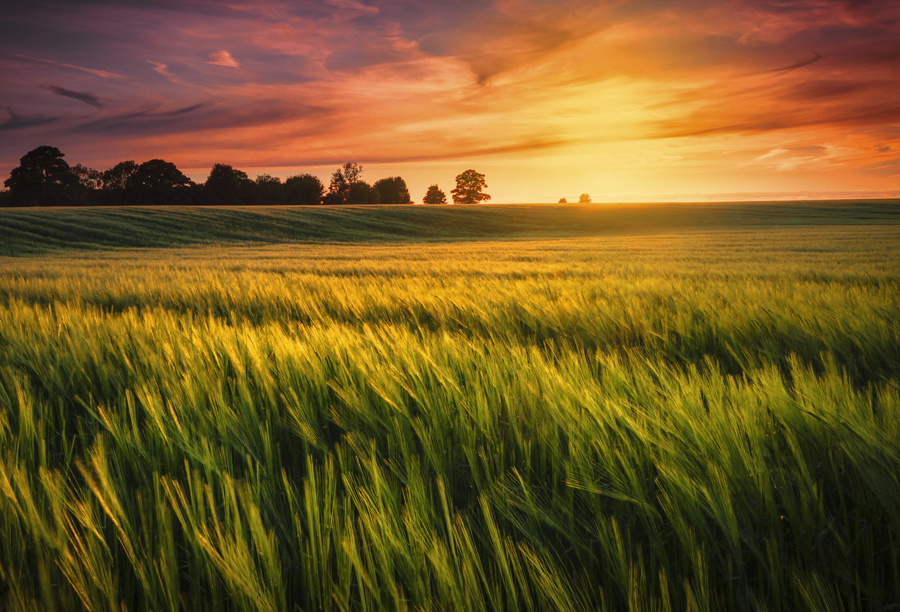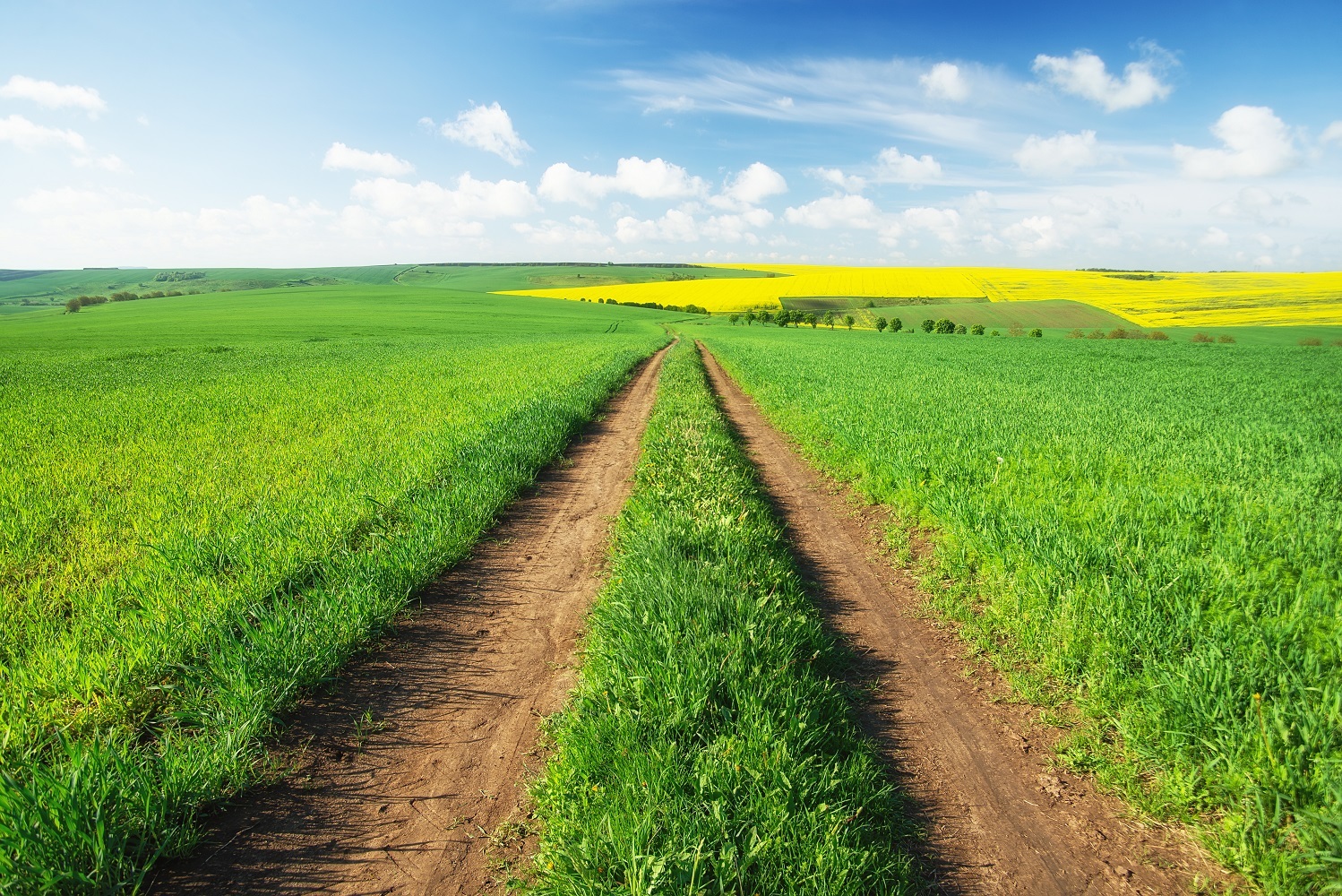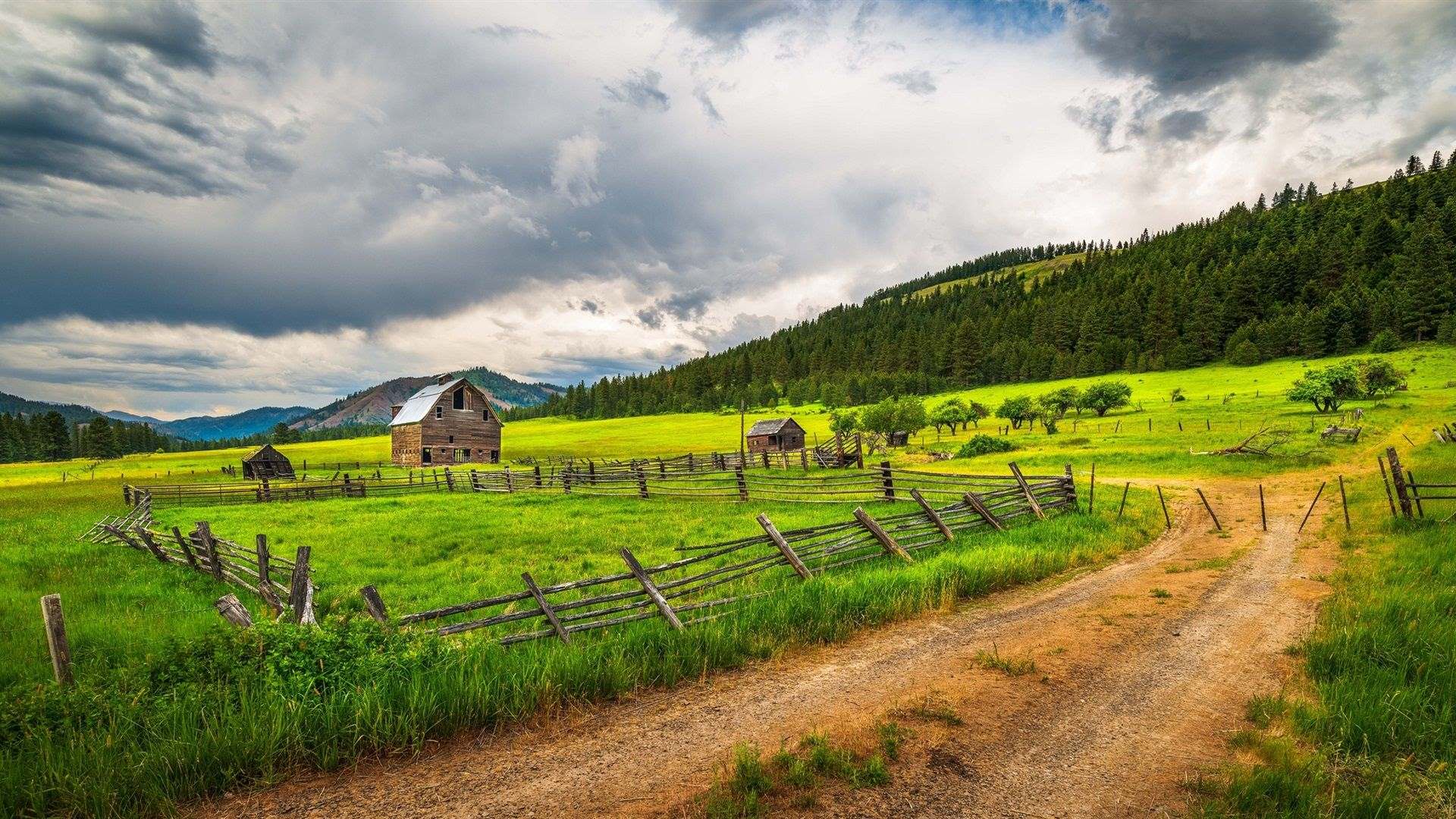The name "Land of a Thousand Hills" coffee, you know, it just sounds like something out of a storybook, doesn't it? This coffee comes from Rwanda, a place in central Africa that truly lives up to its name, with a whole lot of gentle, rolling rises everywhere you look. It's not just a drink you pick up; it's a little bit of that country's spirit, right there, waiting for you to taste it.
When you take a sip of this particular coffee, you are, in a way, connecting with a place that has put a lot of effort into growing something quite special. It’s a coffee that carries the feeling of its home, a place known for its amazing natural beauty and the resilience of its people. Every cup tells a quiet tale of the sun-drenched hillsides and the careful hands that tend to the coffee plants, which is really something to think about.
For those who really appreciate a good cup of coffee, finding something with a distinct character is often the goal. This coffee, frankly, offers just that, a taste that stands out from the crowd. It brings with it a unique set of flavors and a story that makes the morning ritual, or any coffee break, feel a little more meaningful, almost like a small trip to a faraway place without ever leaving your kitchen.
Table of Contents
- What Makes "Land of a Thousand Hills" Coffee Special?
- The Place Itself - More Than Just a Name
- How Does the Coffee Get Its Unique Taste?
- Why Does This Coffee Matter to People?
- Helping Communities Through Coffee
- Finding Your Own "Land of a Thousand Hills" Coffee
- What to Look For When You Try It?
- Getting to Know the Different Kinds
What Makes "Land of a Thousand Hills" Coffee Special?
There are quite a few things that set coffee from the "Land of a Thousand Hills" apart from other types you might find. For one thing, the ground where it grows is, well, really quite something. Rwanda, the country where this coffee comes from, has a very particular kind of dirt, if you will, that helps the coffee plants get just what they need to make excellent beans. It's not just any old soil; it has a rich, volcanic past, which gives it a lot of good stuff for the plants to soak up, making the coffee taste a certain way.
Then there's the weather, which is, honestly, just about perfect for growing coffee. You have these warm days, but then the nights get a little cooler, and there's a good amount of rain spread out through the year. This kind of climate means the coffee cherries, the little fruits that hold the beans, get to grow slowly. That slow growing time, you see, helps the flavors inside the bean really develop and become quite complex. It's a bit like how a good fruit needs time on the branch to get its full sweetness and flavor.
Also, the way people tend to the coffee plants in the "Land of a Thousand Hills" is very hands-on. Many folks who grow this coffee are small-scale farmers, and they often give their plants a lot of personal care. They pick the coffee cherries by hand, making sure to only grab the ones that are perfectly ripe. This careful picking means that only the best beans make it into your cup, which, in turn, helps the coffee have a more consistent and pleasing taste profile, which is really quite a difference.
So, it's a mix of the earth, the weather, and the human touch that makes coffee from the "Land of a Thousand Hills" stand out. It's a combination that results in a coffee that's often described as having a bright, clean taste, with hints of fruit and a nice, gentle feeling in your mouth. It's a coffee that, quite simply, seems to capture the very essence of its home country, offering a truly unique experience for anyone who tries it.
The Place Itself - More Than Just a Name
The phrase "Land of a Thousand Hills" is not just a catchy marketing slogan for coffee; it’s, as a matter of fact, a true description of Rwanda's physical form. The country is, you know, covered in rolling hills and mountains, giving it a truly distinct look. These hills are often quite green, covered in all sorts of plants, including the coffee bushes themselves. The air up there is usually fresh, and the views can be breathtaking, which really adds to the overall feel of the place.
This hilly terrain plays a big part in how the coffee grows. The plants are often grown on the slopes, where they get plenty of sunshine and the rain can drain away properly, preventing the roots from getting too wet. The different heights of these hills also mean that coffee can be grown at various elevations, and this, surprisingly, can affect the flavor of the beans. Higher elevations, for instance, often lead to coffee with a brighter, more lively taste, while lower spots might give a coffee with a bit more body.
The climate in these hilly areas is also very suitable for coffee. There are two rainy periods and two dry periods each year, which, basically, gives the coffee plants the water they need to grow and then a time to rest and for the cherries to ripen. This natural rhythm of the seasons is, honestly, quite important for the plants to produce good fruit. It’s a natural cycle that the coffee growers work with, not against, to get the best possible harvest.
Moreover, the way the communities are set up in these hills is also quite interesting. People often live spread out among the hills, and farming is a big part of life for many families. This means that the coffee is often grown by people who live very close to the land and have a deep connection to it. This connection, you know, often translates into a lot of care for the coffee plants, which ultimately helps make the coffee from the "Land of a Thousand Hills" what it is.
How Does the Coffee Get Its Unique Taste?
So, you might be wondering, how does coffee from the "Land of a Thousand Hills" get that particular taste that people talk about? Well, it starts with the type of coffee plant itself. Most of the coffee grown here is Arabica, which is known for its finer, more aromatic qualities. But within Arabica, there are specific kinds, or varieties, that do particularly well in Rwanda's unique environment, and these contribute a lot to the final flavor, which is pretty cool.
After the coffee cherries are picked, they go through a process that's, in some respects, quite important for developing the flavor. Most Rwandan coffee is "washed," meaning the fruit part of the cherry is removed using water. This method, you see, tends to give the coffee a very clean and bright taste, letting the natural flavors of the bean shine through without much interference from the fruit. It's a careful process that involves a lot of water and a lot of patience.
The washing stations, where this process happens, are often located near the coffee farms. Here, the cherries are sorted, then the outer skin and pulp are taken off. The beans, still covered in a sticky layer, are then put into water tanks to ferment for a certain amount of time. This fermentation, basically, helps to break down the remaining sticky stuff and develop some of the coffee's unique acids and sugars, which, honestly, play a big role in the final taste.
After washing and fermentation, the beans are spread out to dry, usually on raised beds under the sun. This drying process is, actually, another very important step. It needs to be done slowly and evenly to make sure the moisture content in the beans is just right. If they dry too fast or too slow, it can affect the flavor. The sun and the gentle air of the "Land of a Thousand Hills" help give these beans their final touches before they are ready to be roasted, which, you know, is the last big step.
Why Does This Coffee Matter to People?
The coffee from the "Land of a Thousand Hills" matters to people for reasons that go beyond just its taste. For many who buy and drink it, there's a real sense of wanting to support the people who grow it. This coffee has, you know, become a symbol of hope and rebuilding for Rwanda. After a very difficult past, the country has really worked hard to grow its coffee industry, and that effort has made a big difference in the lives of many families there.
When you choose to buy coffee from this region, you are, in a way, taking part in a bigger story of positive change. The money from coffee sales often goes directly back to the farming communities, helping them to improve their lives, send their children to school, and build a better future. It’s a direct connection between your daily cup and the well-being of people far away, which, honestly, gives the coffee a deeper meaning than just a simple beverage.
Also, for those who care about where their food comes from, this coffee offers a clear line of sight to its origins. You can often find out about the specific washing station or even the group of farmers who produced the beans. This kind of openness, you see, helps build trust and makes the coffee feel more authentic. It's not just a product; it's something that has come from a specific place, made by specific people, and that, in fact, really resonates with many consumers today.
So, the importance of "Land of a Thousand Hills" coffee is tied to both its quality and its story. It represents a journey of growth and determination, not just for the coffee plants, but for the entire nation. Drinking this coffee is, basically, a way to appreciate a fine product while also contributing to a worthwhile cause, making it a choice that feels good in more ways than one.
Helping Communities Through Coffee
The coffee industry in the "Land of a Thousand Hills" has, honestly, become a very important way for people to make a living and improve their communities. For many families in Rwanda, growing coffee is their main source of income. This means that a good coffee harvest and fair prices for their beans can make a huge difference in their daily lives, which is, you know, pretty straightforward.
Many coffee projects in this area focus on helping farmers get better at what they do. This includes things like teaching them new ways to care for their plants, showing them how to improve the quality of their beans, and giving them access to better tools. When farmers produce higher-quality coffee, they can often sell it for more money, which, in turn, helps them earn more and support their families more effectively, which is a clear benefit.
Also, the washing stations, which are central to processing the coffee, often serve as community hubs. They provide jobs for many people, not just during harvest time but throughout the year. These stations also help organize farmers into groups, which makes it easier for them to share knowledge, get support, and sell their coffee together. This kind of teamwork, you see, strengthens the whole community and gives everyone a better chance to succeed.
So, when you enjoy a cup of coffee from the "Land of a Thousand Hills," you're not just tasting a great drink. You are, in a way, supporting a system that helps people build a better life for themselves and their neighbors. It's a simple act of buying coffee that has a much bigger impact, showing how something as everyday as a cup of coffee can connect us to positive change across the globe, which is, actually, quite powerful.
Finding Your Own "Land of a Thousand Hills
Related Resources:



Detail Author:
- Name : Cydney Kovacek
- Username : dayne76
- Email : carlee.zboncak@wisoky.com
- Birthdate : 1989-04-15
- Address : 372 Antonio Villages West Eugenia, VA 30917
- Phone : (681) 581-7860
- Company : Hessel, Schowalter and Larson
- Job : Extruding and Drawing Machine Operator
- Bio : Rerum sint sit ut reprehenderit. Quia commodi maiores velit et omnis minus. Et qui esse dicta repudiandae mollitia maxime doloremque.
Socials
linkedin:
- url : https://linkedin.com/in/haags
- username : haags
- bio : Quidem similique iusto ullam voluptatum.
- followers : 3755
- following : 1841
instagram:
- url : https://instagram.com/haag1980
- username : haag1980
- bio : Qui recusandae quasi ab. Et molestias consequatur est minus autem.
- followers : 1510
- following : 1161
twitter:
- url : https://twitter.com/sidney_haag
- username : sidney_haag
- bio : Sunt quo quae deserunt perspiciatis. Ab facilis eius assumenda et voluptatibus. Qui adipisci dolores aut ut dolorum qui.
- followers : 3918
- following : 987
tiktok:
- url : https://tiktok.com/@sidney.haag
- username : sidney.haag
- bio : Facere mollitia aut ea ratione officia illum facilis.
- followers : 1960
- following : 436